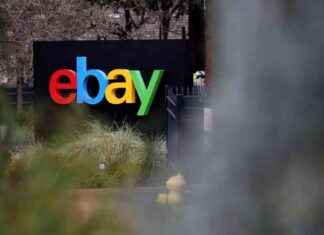MADRID, 28 Mar. (EUROPA PRESS) –
Barclays considers that a merger between Banco Sabadell and Unicaja in the short term “is unlikely”, because the numbers of the operation are not attractive enough, according to a report on Spanish banking published this week.
“We believe that an agreement is unlikely in the short term, as we consider that Sabadell’s adjusted ROTE for the end of 2027 would improve from 7.3% alone to 8% combined, already including 100% of the cost synergies” , indicate Barclays analysts.
The British bank takes into account that no bank has made an official statement and there is only speculation in the press, so the calculations of the operation carried out are “purely illustrative.”
Barclays considers in its calculation a transaction in shares to reflect a target CET1 ratio after the merger of 13%, as well as to maintain the Unicaja Foundation as a shareholder.
The premium chosen to make the numbers is 20%, in line with that paid by CaixaBank to buy Bankia and in the historical range of 20%-30%. The absence of synergies for revenue and a conservative synergy of 35% for costs (below the 45% on average) has been assumed. Also included is a goodwill (‘badwill’) of 70%, equivalent to a total ‘badwill’ minus losses on the paper price of the Unicaja bond portfolio.
In any case, Barclays’ calculations do not take into account possible costs such as the breakdown of insurance joint venture agreements, the book value of assets or adjustments to liabilities.
The impact on earnings per share also “seems moderate”, according to Barclays calculations, since it would be -5% in 2024 and reach 12% in 2027.
Barclays analysts consider that the operation would make more financial sense if the valuation ‘gap’ between both banks widens, if evidence of income synergies is offered or if cost synergies are raised. Also if the capital costs were less significant, as in the case of the Unicaja bond portfolio.







